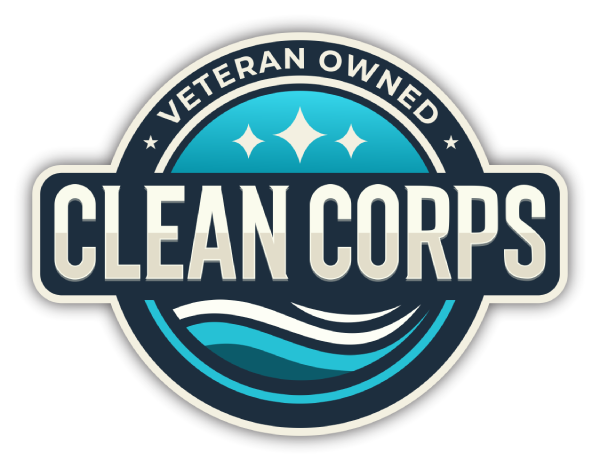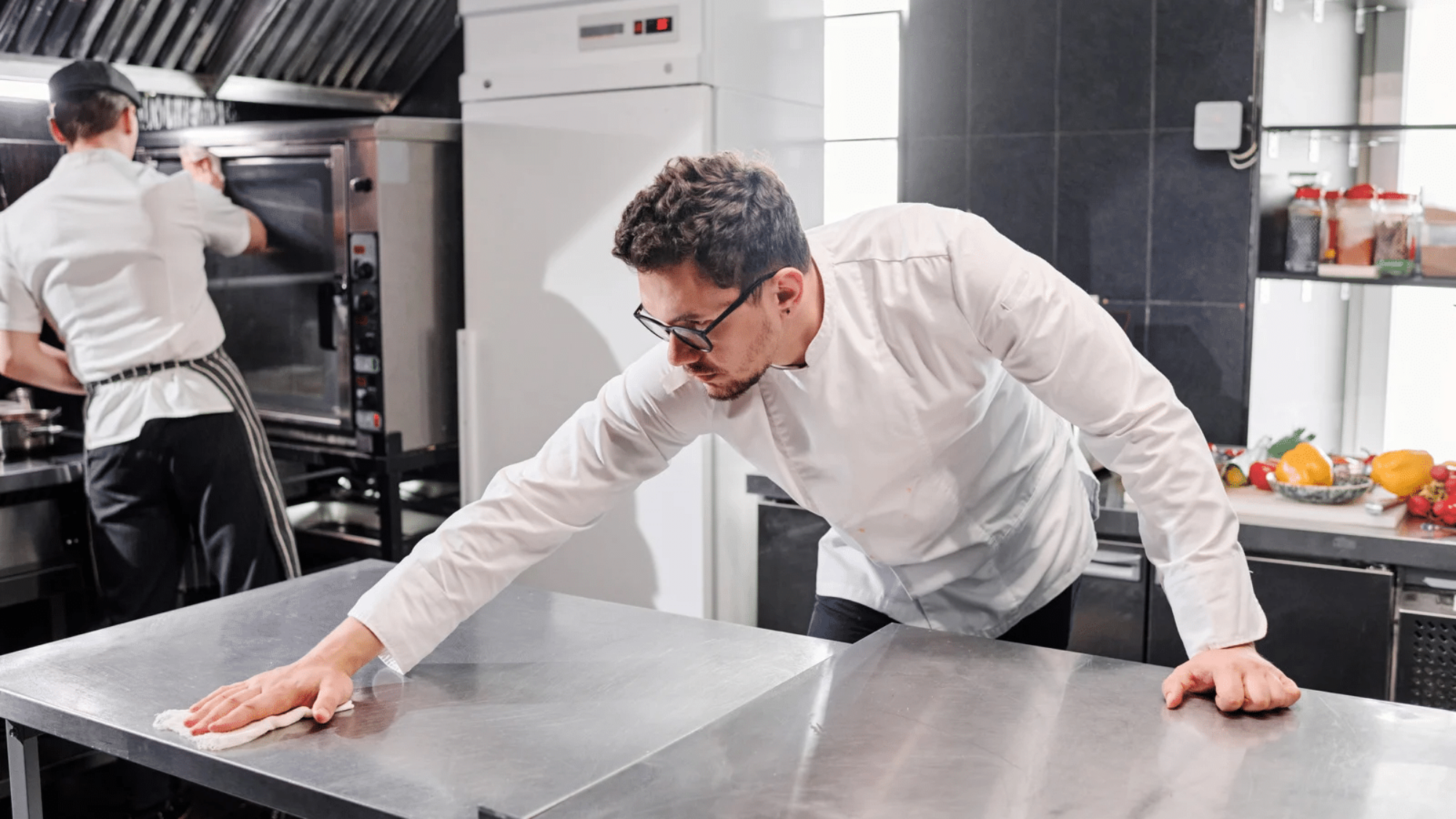Restaurant hood cleaning is a critical task for maintaining the safety and efficiency of your kitchen. Grease and debris accumulate in the kitchen exhaust system during cooking, creating a potential fire hazard. Regular cleaning ensures compliance with safety standards and prolongs the life of your kitchen equipment.
Proper hood cleaning involves removing grease buildup from the hood, filters, ducts, and exhaust fans. Following a cleaning schedule tailored to your restaurant’s needs minimizes the risk of kitchen fires and maintains a safe working environment.
Restaurant Vent Hood Cleaning
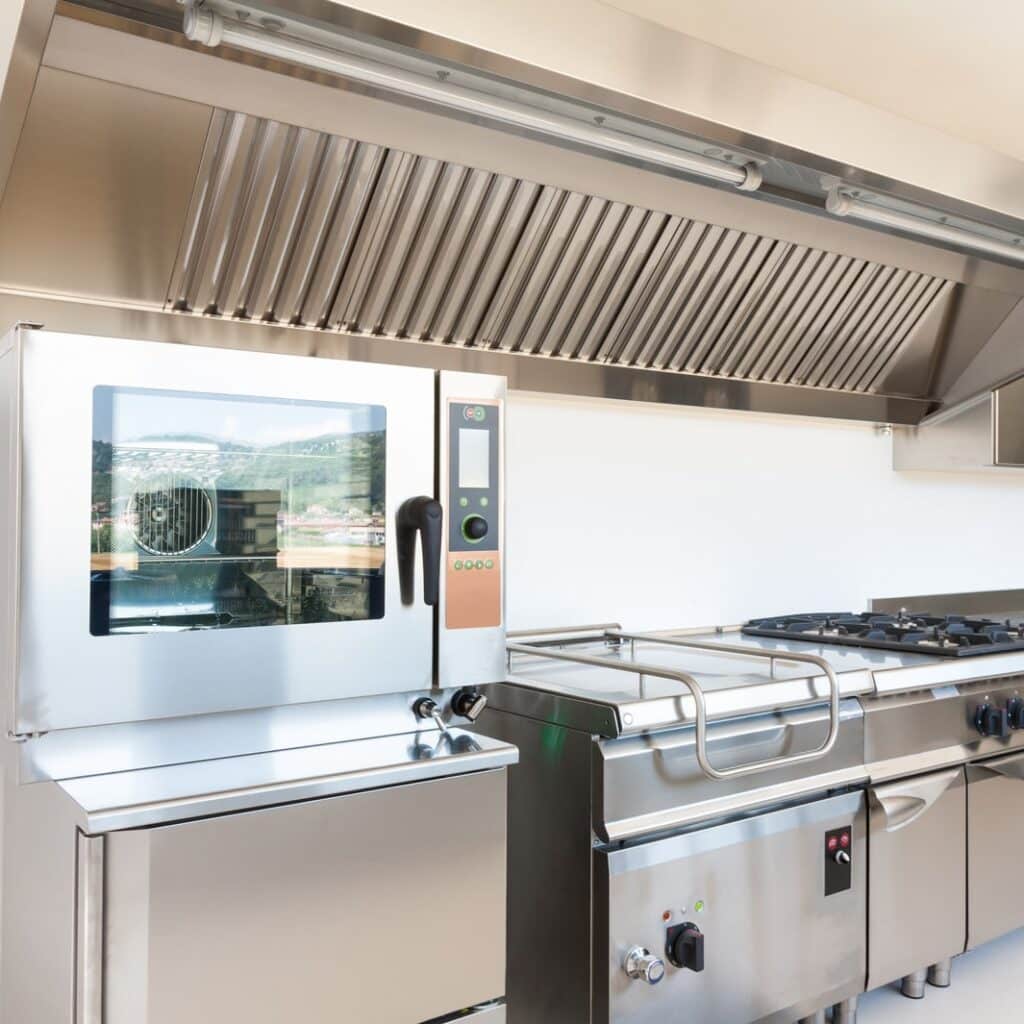
Restaurant vent hood cleaning is essential for keeping commercial kitchens safe and efficient. Over time, grease, smoke, and food particles accumulate in the vent system, reducing airflow and increasing fire risk.
Steps for Effective Restaurant Vent Hood Cleaning:
- Pre-Cleaning Preparation: Cover nearby kitchen equipment to protect it from grease and cleaning chemicals.
- Degreasing: Use a professional-grade degreaser to break down grease on the hood and filters.
- Scrubbing and Washing: Clean the vent hood, filters, and ducts thoroughly with specialized tools.
- Inspection: Check the exhaust fan and ducts for hidden grease buildup.
Commercial kitchens that prioritize regular vent hood cleaning ensure compliance with local fire codes and improve air quality, enhancing the overall safety of the kitchen environment.
Restaurant Hood Cleaning Requirements
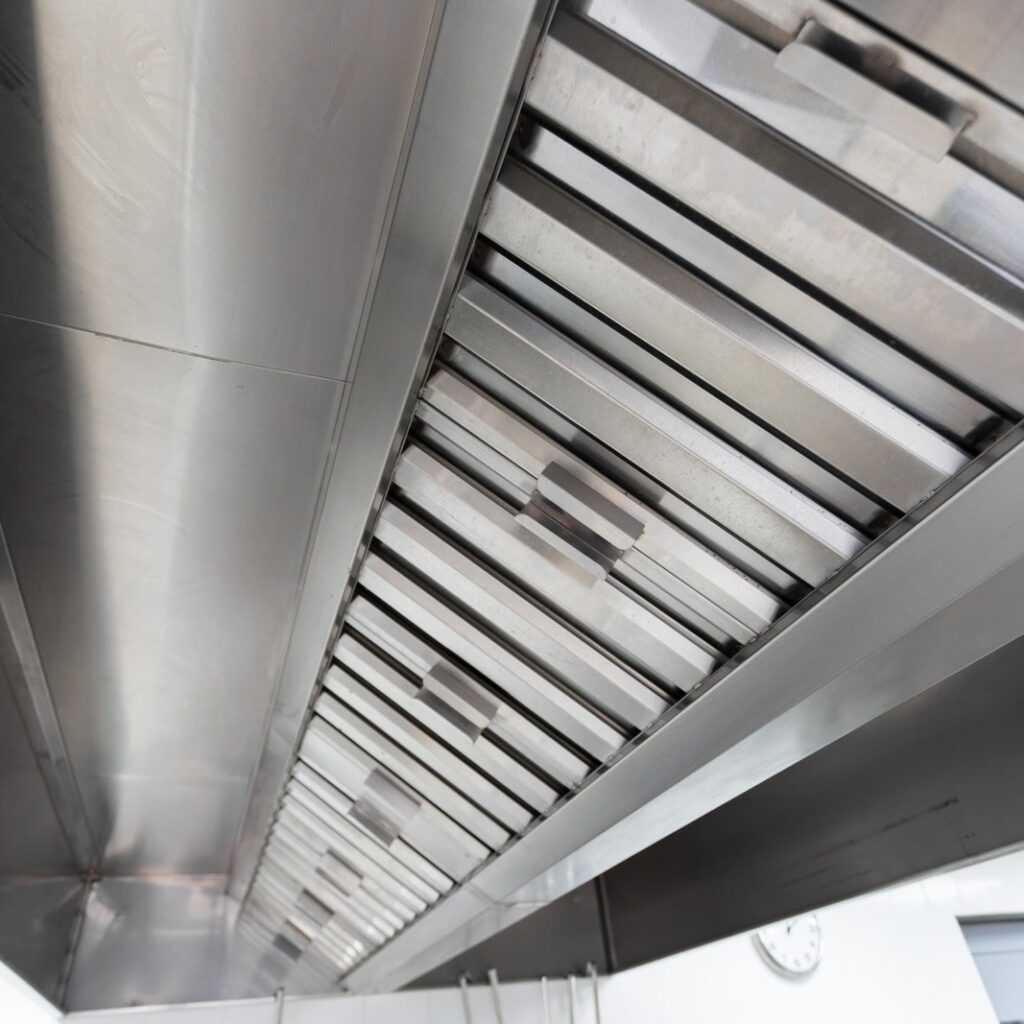
Meeting restaurant hood cleaning requirements is not only about maintaining cleanliness but also about ensuring compliance with fire and safety regulations. Grease buildup in the hood system is a significant fire hazard, making regular cleaning a necessity.
Key Requirements:
- Frequency of Cleaning:
- High-volume kitchens: Clean every 1-3 months.
- Moderate-volume kitchens: Clean every 3-6 months.
- Low-volume kitchens: Clean annually.
- Compliance with Regulations: Adhere to local fire marshal and National Fire Protection Association (NFPA) guidelines for cleaning schedules and procedures.
- Professional Standards: Ensure that cleaning is conducted by certified professionals using proper equipment and techniques.
Regular hood cleaning protects your kitchen equipment, minimizes fire risks, and ensures compliance with safety standards.
Restaurant Hood Cleaner
A restaurant hood cleaner plays a crucial role in maintaining the safety and efficiency of your kitchen exhaust system. These professionals are trained in kitchen exhaust cleaning, ensuring that every part of the system is free of grease and debris.
Benefits of Hiring a Restaurant Hood Cleaner:
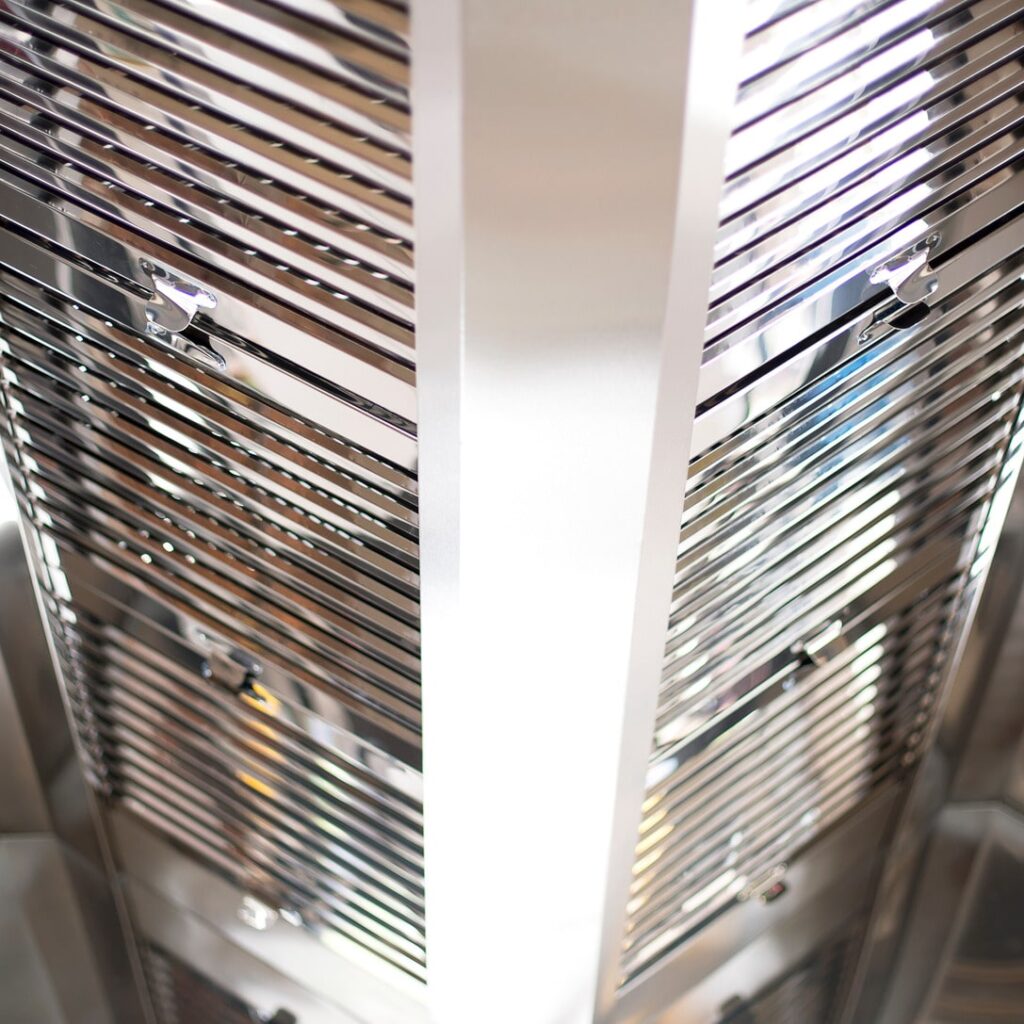
- Expertise: Professional cleaners use specialized tools and techniques to clean the exhaust hood system thoroughly.
- Compliance: Certified cleaners ensure your kitchen meets fire marshal requirements.
- Safety: Regular cleaning reduces the risk of kitchen fires, protecting your business and employees.
Professional hood cleaning is a valuable investment for any restaurant aiming to maintain safety and operational efficiency.
Restaurants Hood Cleaning
Restaurants hood cleaning is a vital aspect of running a safe and efficient restaurant kitchen. By maintaining a clean kitchen hood system, you reduce risks and enhance the performance of your kitchen exhaust system.
Advantages of Regular Hood Cleaning Services:
- Improved Airflow: Clean exhaust fans and ducts ensure proper ventilation, preventing smoke and odors from accumulating in the restaurant kitchen.
- Fire Prevention: Removing grease buildup significantly reduces the likelihood of fires.
- Prolonged Equipment Life: Regular maintenance helps kitchen hood systems and other equipment last longer.
Investing in professional hood cleaning services ensures that your restaurant kitchen remains safe, efficient, and compliant with health and safety standards.
FAQs
The frequency depends on your kitchen’s volume: high-volume kitchens should clean their hoods every 1-3 months, while moderate- and low-volume kitchens can schedule cleanings every 3-12 months.
It prevents grease buildup, reduces fire risks, and improves airflow in your kitchen. Regular cleaning also ensures compliance with fire safety regulations.
A restaurant hood cleaner thoroughly removes grease and debris from the hood, filters, ducts, and exhaust fans. They also inspect the system for any issues that could pose a hazard.
Skipping hood cleaning increases the risk of kitchen fires due to grease buildup. It can also result in fines for non-compliance with fire safety regulations and reduce the efficiency of your kitchen exhaust system.
While routine maintenance like wiping down the hood can be done in-house, professional cleaning is necessary for deep cleaning and ensuring compliance with safety standards. By maintaining a consistent cleaning schedule and using professional services, you can keep your restaurant kitchen safe, efficient, and compliant with local regulations.
Quality Cleaning at Your Fingertips in Orlando – Request Your Quote Today!
We’ve Received Your Order!
Thank you for reaching out to CleanCorps.
Please note that we have received your information and a dedicated advisor will be reaching out to you very soon to go through next steps.
Immediate Concerns? If you have urgent questions or matters to discuss, or if you don’t hear back from us in a few hours, please don’t hesitate to reach us directly at:
Phone: (407) 638-8956
